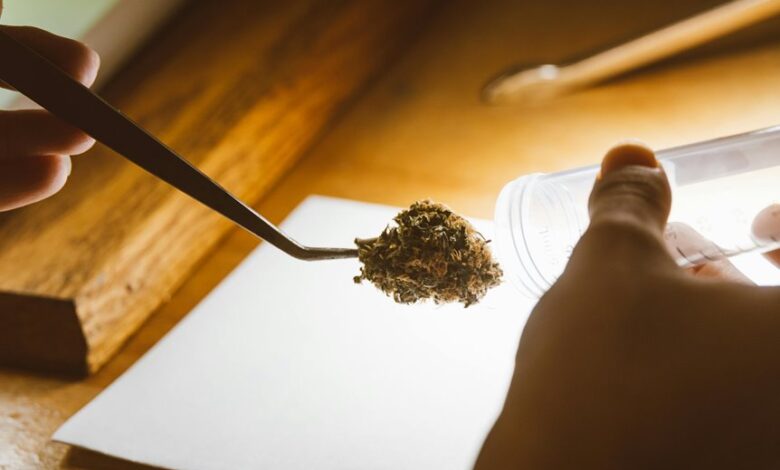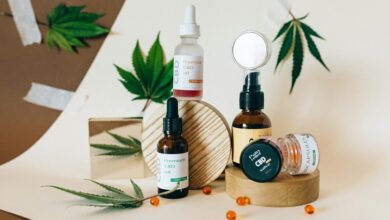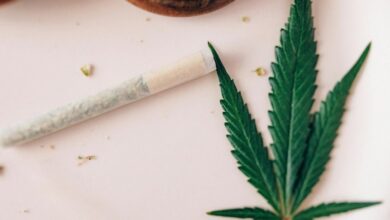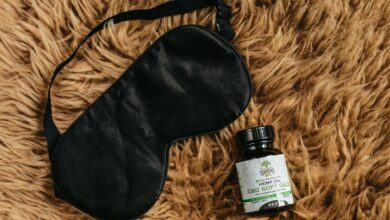Does Cbd Show up on 10 Panel Drug Test

The presence of CBD in a 10 panel drug test raises important considerations. While CBD itself is not typically detected, the potential for THC contamination in some products poses a risk. Users must navigate this landscape carefully, particularly if they are subject to drug testing. Understanding how these tests work and the composition of CBD products can provide clarity. What steps can individuals take to safeguard themselves from unexpected results?
Understanding CBD and Its Composition
Cannabidiol, commonly known as CBD, is a non-psychoactive compound derived from the Cannabis sativa plant.
It offers various potential benefits, including pain relief, anxiety reduction, and anti-inflammatory effects.
As interest in CBD grows, its legality varies by region, often depending on THC content.
Understanding these aspects is crucial for individuals seeking to incorporate CBD into their wellness routines while navigating legal considerations.
The Mechanism of a 10 Panel Drug Test
As more individuals explore the benefits of CBD, understanding the implications of drug testing becomes increasingly important.
A 10 panel drug test screens for various substances, including marijuana, opiates, and amphetamines. Each panel has specific reagents that react to targeted metabolites.
The test's effectiveness relies on these panel specifics, providing a comprehensive assessment of an individual's substance use, ensuring accuracy and reliability in results.
The Risk of THC Contamination in CBD Products
While many consumers seek the therapeutic benefits of CBD, the risk of THC contamination in CBD products poses a significant concern.
Variability in THC content can occur due to lack of stringent regulations and inconsistent manufacturing practices.
Inadequate product labeling may further complicate matters, leaving consumers unaware of potential THC levels, which could lead to unexpected results in drug tests.
Strategies to Minimize Risk of Failing a Drug Test
Given the potential for THC contamination in CBD products, individuals concerned about passing drug tests should adopt specific strategies to minimize their risk.
First, they should choose broad-spectrum or isolate CBD products, which contain no THC.
Additionally, researching brands for third-party testing and transparency can help ensure product safety.
Finally, limiting CBD consumption prior to drug testing can further reduce the likelihood of a positive result.
Conclusion
In conclusion, while CBD itself is unlikely to trigger a positive result on a 10 panel drug test, the specter of THC contamination looms large, like a shadowy figure lurking in the alley of wellness products. Users must navigate this treacherous landscape with vigilance, opting for broad-spectrum or isolate options from reputable sources. One misstep could transform a simple wellness journey into a career-ending calamity, underscoring the paramount importance of diligence in choosing CBD products.





